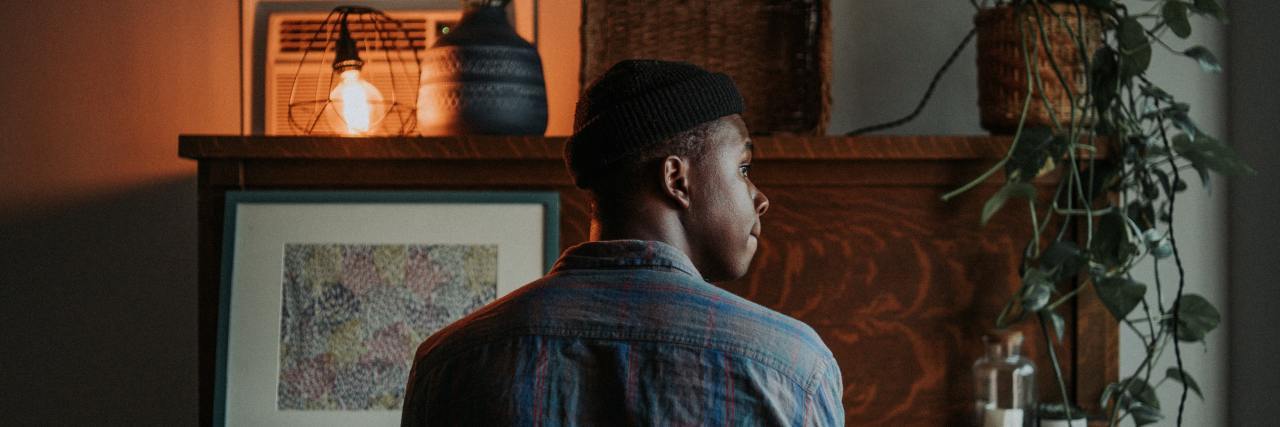Reconciling With My Toxic Past and Then-Undiagnosed Eating Disorder
Editor's Note
If you live with an eating disorder, the following post could be potentially triggering. You can contact the Crisis Text Line by texting “NEDA” to 741741.
It is never easy to reveal the vulnerable side of oneself to the world, but it needs to be done. It is also not easy to see someone else do this, and meet a level of support and validation that has not been given to you. I have even been told that I have not truly suffered because I have always had a network of support.
We’ve all been there before. Someone might say, “What do you have to worry about?” or “What is there for you to be depressed about?” We use words like depression and anxiety very loosely without giving them much thought. I do not tell my story “just for the attention.” This is me reclaiming control of my situation.
In college, people used to say they hoped nothing would ever happen to me because I was always so nice to them. We don’t always see ourselves the way others do. I consider my late teens and early 20s to be my formative years because I learned so much about myself. Not only was a struggling to form my identity, but I had many other struggles. At this stage in life, the stress of school and life altogether took a toll on me. The evils I battled crept their way into my social life and some of my most valued relationships. If you knew me back then and wondered what was the matter with me, here’s what happened.
I inadvertently developed an eating disorder. Body image is a loaded topic for many, but I speak from my experience as a gay Black man. Where I’m from, skinny wasn’t “masculine” enough. At family events I was always told that I didn’t “eat enough.” Food became one of my enemies. To think I once bragged about dropping weight in my freshman year rather than gaining the “Freshman 15.” Without realizing it, I’d trained my body to adapt to unhealthy eating habits. Eating disorders are not a choice. They do not discriminate. If anything, they are more likely to go undiagnosed or not properly treated. One of many facts of life I learned the hard way.
Leaving home, even if just for school, gave me the opportunity to finally release some of the feelings that I had been taught to hold inside. I started to lash out at those closest to me. I made scenes in public and instigated unhealthy conflict within my friend group. I slipped into the dangerous habit of throwing and breaking my things — habits that I would carry with me for quite some time. I was sick, and there didn’t seem to be a thing I could do about it.
Before long, I had been labeled “crazy,” and faced the stigma that came with it. To outsiders, I appeared to be angry, miserable and irritable. There were acquaintances who kept their distance because they didn’t know how to react, they didn’t understand, or both. As if they thought I would explode if they pushed the wrong button.
As part of my healing, I have attempted to repair some of the damage that I caused. Some things cannot be “fixed.” Burned bridges cannot easily be rebuilt. My then-untreated mental illness plays a big role in all of this. I do not use it as a shield. I take accountability for my past toxic behavior. The hardest part has been learning to forgive myself.
Photo by George Coletrain on Unsplash

